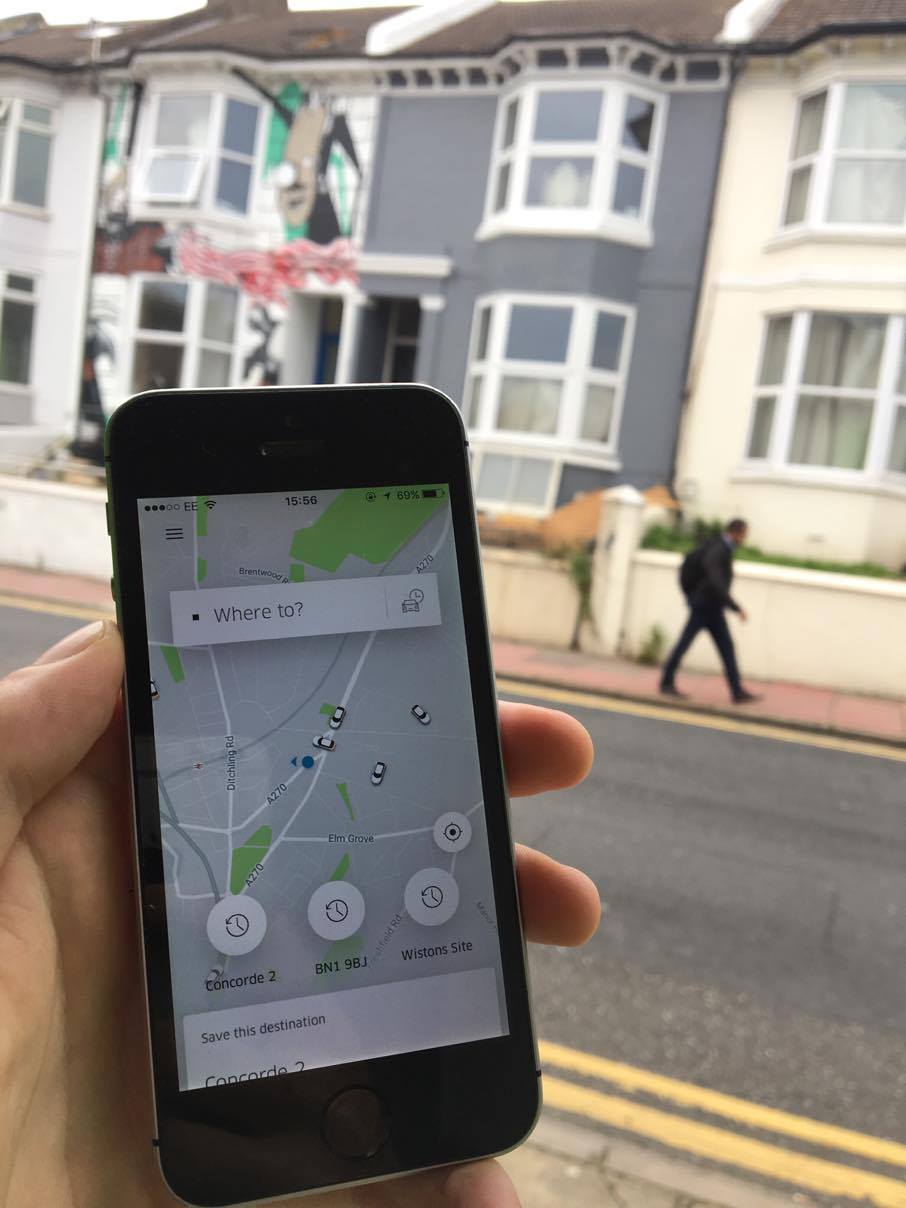Last week, Transport for London (TfL) ruled that the global mobile taxi company Uber was not a “fit and proper” private hire company, and made the decision to not renew their license within the city. The license will end this month, but the appeals process could take up to a year, so don’t threat about loosing cheap lifts just yet. The TfL’s top criticisms mainly revolved around a “lack of corporate responsibility” in relation to criminal offences, medical records and background checks. However controversy has always plagued the company. This got me thinking about Uber as a whole; is this company a pioneer, revolutionising a backward industry? Or instead a wolf in sheep’s clothing, undercutting an age-old industry and the livelihoods of the people within it, all for profit at the expense of their ‘contractors’
To start I delved into the good. As a user myself I could see the benefits at face value. Uber delivers a cheap and easy service from my door to the bar and back again at any time, for about the same price as a couple of pints. What’s not to like about that? My first thoughts on the matter were that regular black cabs needed a fire lit under them to bring down their prices, improve their sluggish service and change their backward methods (Sorry Mr Taxi I won’t always have the exact change). A capitalist society is all about adapting your business to thrive and that’s exactly what Uber have done. Liberal economies, like Britain’s, favour innovations like this. Uber could be seen as the dawn of the new age of the sharing economy (a system where people share their goods and services, often over the internet). Simply put, Uber is a $60 billion good idea that’s got everyone talking and others copying. Sitting in an Uber I felt that the drivers got it pretty good too, they can call the shots on when they work through the app and get a steady workload whenever they want. Uber even argues that their drivers in London can be earning up to £16 an hour (The Telegraph) which sounds like a deal maker.
All this said, it doesn’t take much digging to reveal the bad. The reason why the service is so cheap for everyone is because your ride costs more than you think. Uber are burning the candle at both ends; at one end they are subsidising prices hard to stay in competition costing the company huge sums of money (Uber made a loss of $3.3 Billion last year – Financial Times). At the other end, they are dodging costs and ignoring duties to their drivers left, right and centre. Because none of the drivers are actually employees and instead are technically contractors, Uber doesn’t have to fulfil usual obligations such as sick pay, holiday pay and pensions. The nature of the app means that many drivers work backbreaking and even dangerous numbers of hours on questionable amounts of pay. That £16 I talked about is after Uber’s commission, but before costs. Drivers must supply their own car and pay all expenses, including fuel. The Guardian newspaper talked to drivers who earned as little £5 an hour, after expenses. Maybe next time I catch an Uber I won’t be feeling that the drivers have got it ‘pretty good’ anymore.
This brings us onto Uber’s strategy; a way that the company has been trying to make money is through aggressive expansion to start an upward spiral of growth. The more drivers they have, the more customers they’ll have, which will incentivise more drivers and so on, until they dominate the cities they operate in. This formula is not good news for black cabs, who have been running the show for years and have many people’s careers on the line. Uber’s recipe for its success finds it hard to coexist with other players in the same game and could cost the livelihoods of many black cab drivers. I have talked to many Uber drivers who have had to switch sides to work a less well played and less stable job.
So what about the future of Uber? The loss of their licence in London has definitely come as a shock for a company diving head first into every major city in the world. The new and more moderate CEO Dara Khosrowshahi has apologised globally for some of the company’s decisions. But Uber is at a crossroads, and needs to choose to either stick or twist; stick with the same formula, or twist to reform their attitudes and strategies to address people’s growing concerns.



